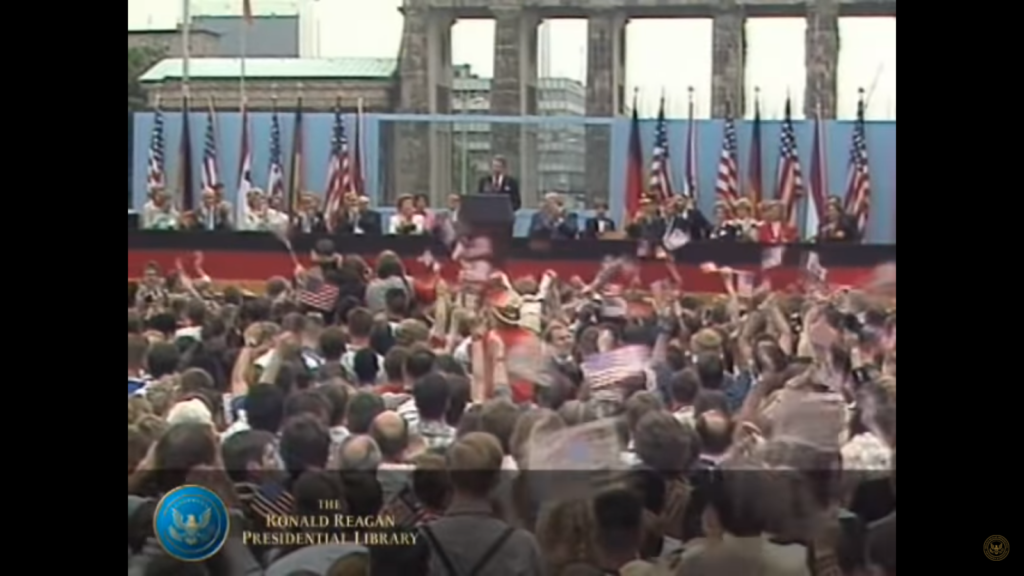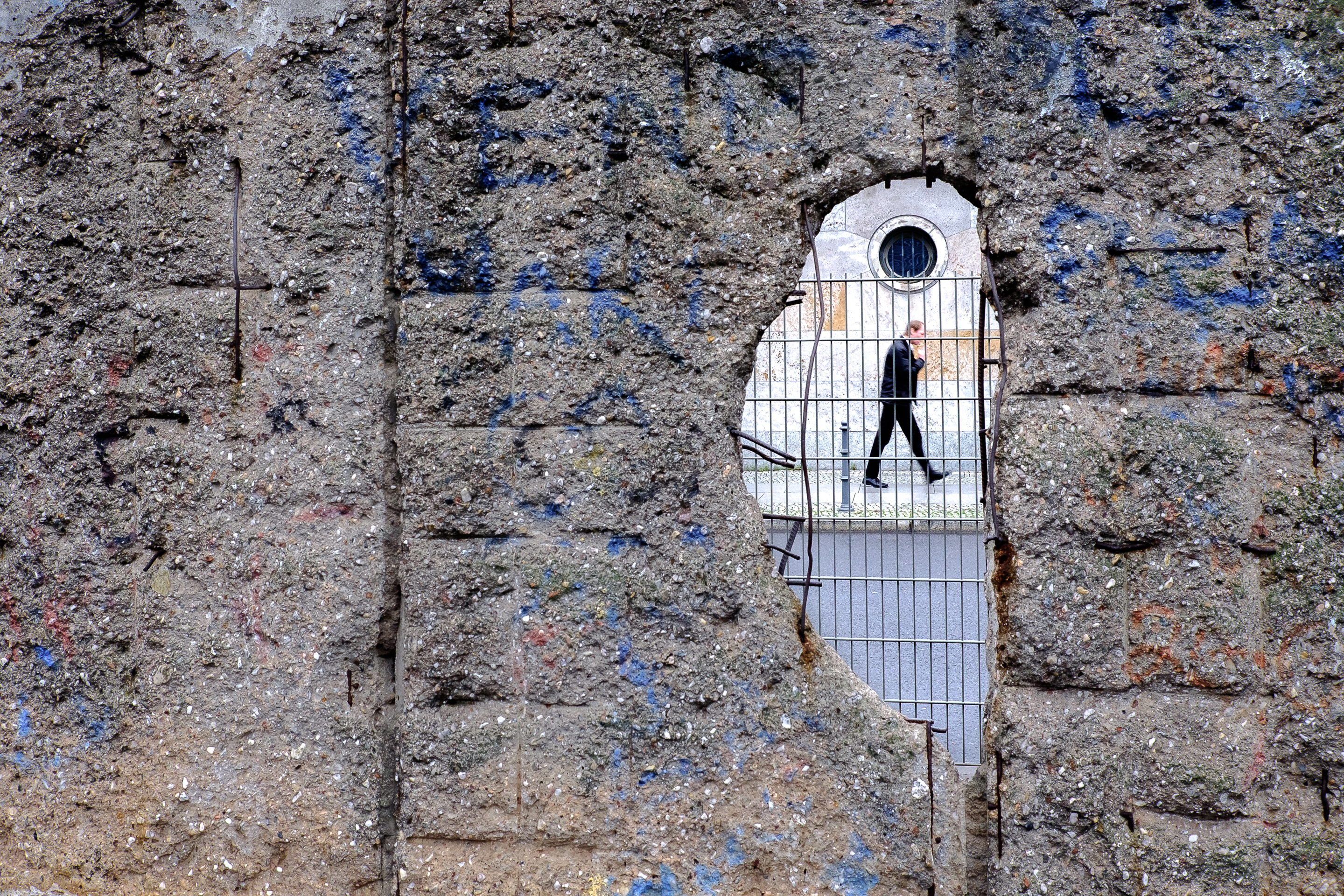“As far as I know, effective immediately. Without delay,” came the translation that early November night, in 1989, at the end of a long press conference, a mistake one might say, but according to the wife of former Socialist Unity Party of Germany (Sozialistische Einheitspartei Deutschlands or SED in German) official Günter Schabowski, the utterance was no accident, it was intentional.
“When he read the note, he wanted the wall to be opened immediately,” said Schabowski’s wife, Irina, this according to Frankfurter Allgemeine, a newspaper out of Frankfurt, Germany. “One can not say that the border will be opened in a few hours. The border had to be opened immediately.”
It was thirty years ago last week, but the Berlin Wall and everything surrounding it ceases to be some long-forgotten relic of the past. In fact, the splitting of Germany, the reasons why and the half a century afterward have continuing effects on our modern world, of our current global politics and of the splitting of continents nearly a century after the end of World War II.
Though most readers here won’t remember it, as most weren’t even alive at the same time as the wall’s existence (I myself was three when the wall ultimately fell) the Berlin Wall meant more than the splitting of a city or even a country.
Related Articles

In 1945, at the end of World War II, as part of Germany’s punishment for starting the war, and to keep tabs on them, the Allied Powers split Germany into four parts: the British part containing German states Schleswig-Holstein, Lower Saxony and North Rhine-Westphalia; the French part containing Rheinland Pfalz, Baden (South Baden) and Württemberg-Hohenzollern; the American part containing Bavaria, Hesse, Württemberg-Baden and Bremen; and in East Germany, the Soviet part containing Thuringia, Saxony, Saxony-Anhalt, Brandenburg and Mecklenburg-Vorpommern.
Eventually in 1949 Germany would split into two countries, the Soviet-controlled German Democratic Republic (GDR) and the Federal Republic of Germany.
East Germany had adopted, much like the rest of the Soviet Bloc, communist ideologies, whereas West Germany was a free capitalist state. Thousands of defectors from East Germany then moved to West Germany for better jobs and better opportunities. In turn, this forced the GDR to erect a barrier in the middle of the country to stem the tide of defectors, splitting not just Berlin, which was already well in the Soviet-controlled, East Germany, nor the country but an entire continent, and arguably the entire globe.
In ‘61, without warning on an August day, GDR soldiers walked to the center of Berlin and began erecting a wall, complete with a sand moat and guard towers, splitting the city in two. Over the next 28 years there would be 140 fatalities, defectors shot trying to cross from East Berlin to West Berlin.
Until, in the ‘80s, when the Former General Secretary of the Communist Party, and last leader of the Soviet Union, Mikhail Gorbachev introduced social reforms aimed at relaxing oppressive practices and opening up discourse between the government and the people. This then caused a chain reaction in Soviet Bloc countries that rippled throughout East Europe, ending a half-century standoff between the globe’s two superpowers.
The wall split one continent in two and hid behind it decades of oppression and violence, all in the name of good intentions, and its effects can be felt even today. From the annexation of Crimea to alleged inferences in the 2016 U.S. presidential race to Russia’s interest in Syria, the giant that once rested north of the Caucasus Mountains and straddles Asia and Europe still looms as a reminder of the battle-devoid war that wrote the latter half of the 20th century; the line that ultimately divided East from West is still very much visible throughout Germany and in her capital city, a healed scar of isolationist ideals and fascistic foreign policies that ripped a continent in two.
Richard Foltz
Executive Editor


